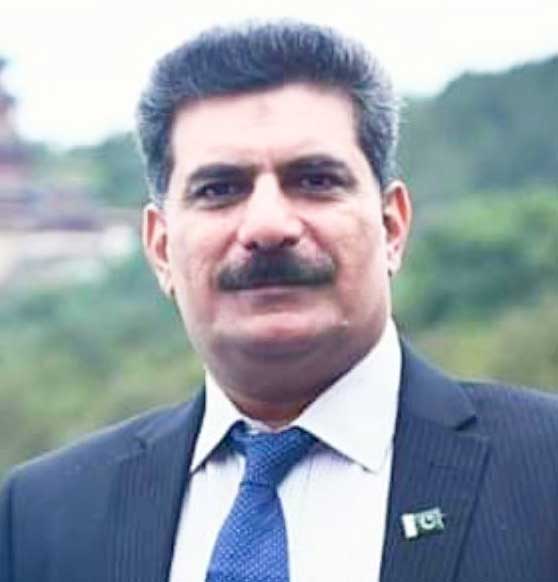This is referred to as ‘learning poverty’ by the World Bank: a kid is ‘learning poor’ if she is not achieving a certain level of learning/skill that is expected of her, whether she is in school or not.
Pakistan, like many other low- and middle-income countries, is experiencing a learning crisis. Data from assessments of children at various stages of schooling plainly demonstrates that most of our children have much lower levels of learning than children of similar ages in many other countries, as well as compared to standards that we anticipate children of particular ages to have accomplished. Even for basic literacy and numeracy skills that are intended to be gained in the early grades, learning poverty is relatively significant in Pakistan.
Despite all of the reforms that have occurred over the previous few decades and there have been many, most Pakistani schools perform a lousy job of teaching. This is supported by our findings. Many schools are under-resourced and under-equipped. Many schools still lack the needed number of teachers, and the teaching/learning that does take place, when it does, is often of poor quality. Too many teachers still lack content understanding, pedagogy skills, and the desire to teach; for too many, teaching is a last-resort employment.
In Pakistan, too, child preparation for school is lacking. Given our poverty levels, far too many children enter Grade 1 without prior exposure to the subject; far too many children receive little or no support from their families during their early years; and far too many children come from households with limited capacity to support the educational process later on. Changing one’s living circumstances, on the other hand, is difficult and necessitates much broader and deeper societal change and activity.
Learning does not have to be a process that crushes our children’s spirits. Children’s abilities differ as well. However, it is obvious that learning poverty in Pakistan is not caused by inequalities in kid capacity. The system’s ineffectiveness appears to be the most serious problem. There is literature arguing that we sometimes try to teach too much, too fast, and too early in developing countries. Teaching at the appropriate level and at the appropriate pace is critical for more effective learning as well as child health and development. However, in our efforts to guarantee that our children succeed and compete, we lose sight of the fact that they are still children.
Concerns regarding related issues have also been raised in the Single National Curriculum. Parents and instructors have expressed dissatisfaction with the difficulty of language in the early grades, as well as concepts and content. Some people have complained that textbooks contain too much information.
The good news is that SNC for Grades 6-8 is nearing completion, and the curriculum and textbooks for Grades 1-5 have been under review for quite some time. This is also the time to look into issues about content, concepts, and linguistic problems. Learning is a difficult task that necessitates a significant amount of effort. However, it does not have to be a process that destroys our children’s spirits or places excessive levels of pressure on them.
Every child, I repeat, every child, regardless of everything else, has the right to a good education just because he or she is a child. Pakistan has signed up to this through several international declarations, and it is also a component of our Constitution’s basic rights provision (Article 25A).
We have yet to be successful in granting this privilege to millions of people. However, even for the millions of children who are in school, we are not ensuring that each child receives a decent education, and the majority of our children are ‘learning poor.’ We can’t do much about differences in household circumstances among children, but better child preparation, effective teaching/learning in school, and a more nuanced view of the learning process to ensure learning at the appropriate level and pace can help our children learn more, grow, and prosper in the process.
Learning should not be a process that exposes children to harmful experiences and, in some cases, failure.
Sign in
Welcome! Log into your account
Forgot your password? Get help
Password recovery
Recover your password
A password will be e-mailed to you.






